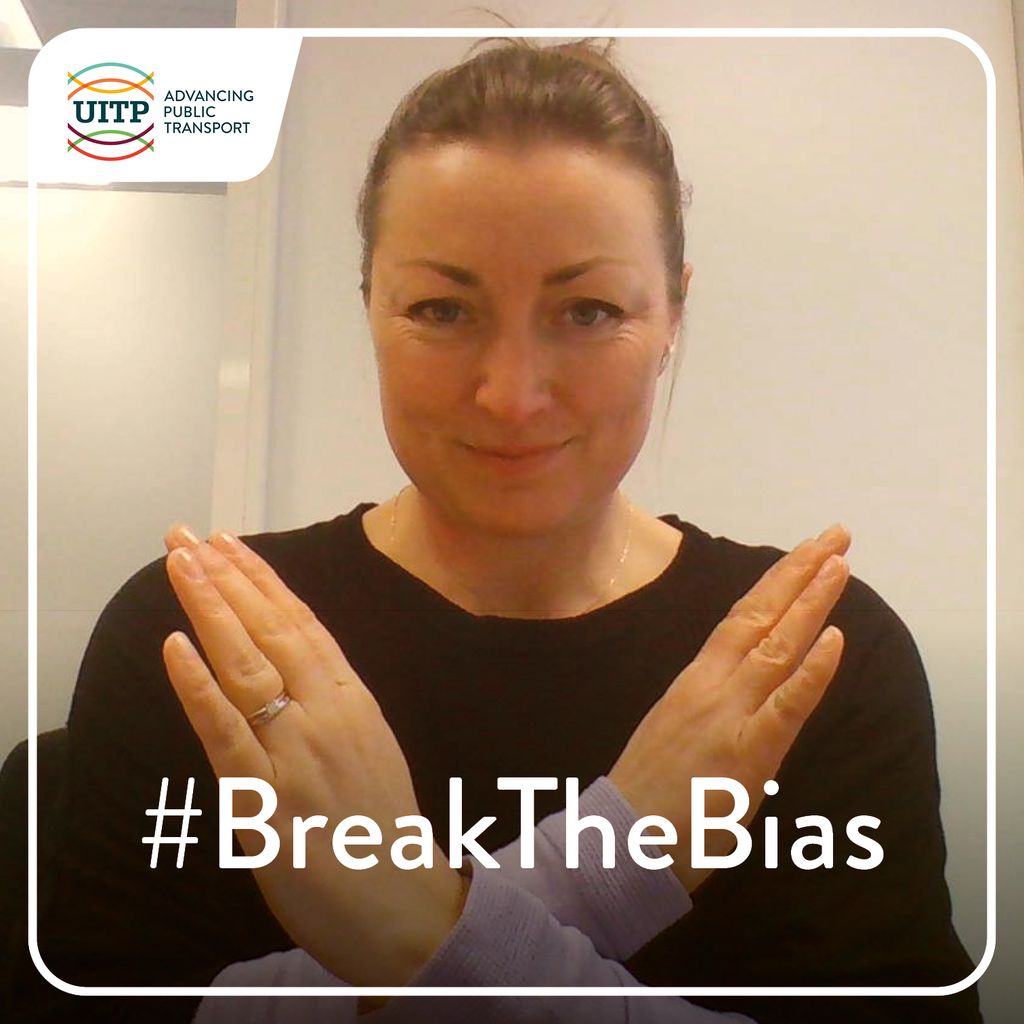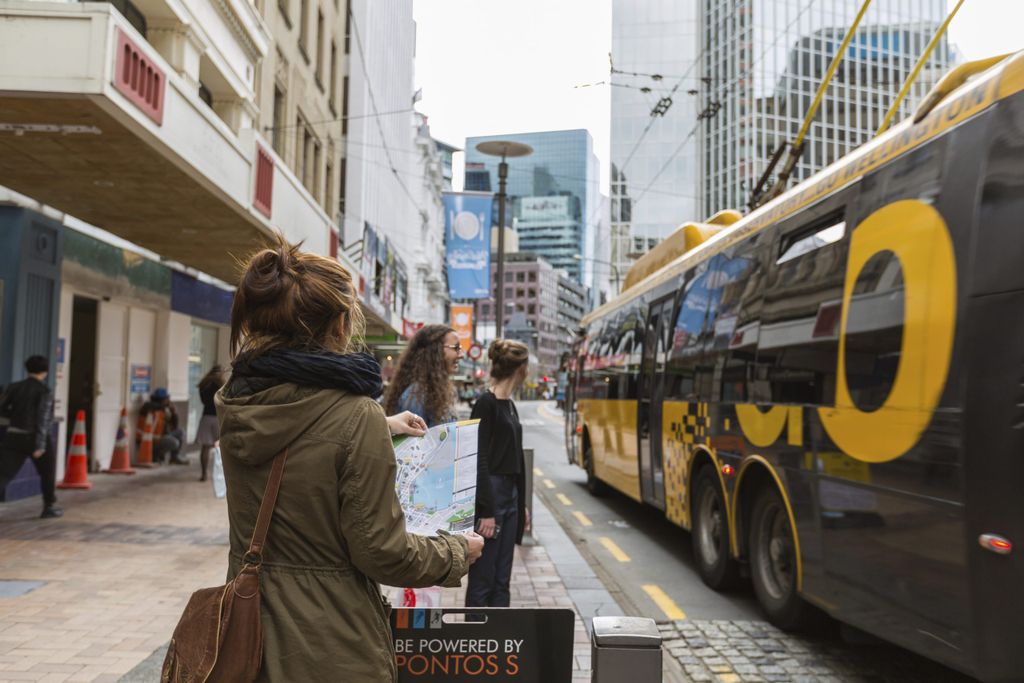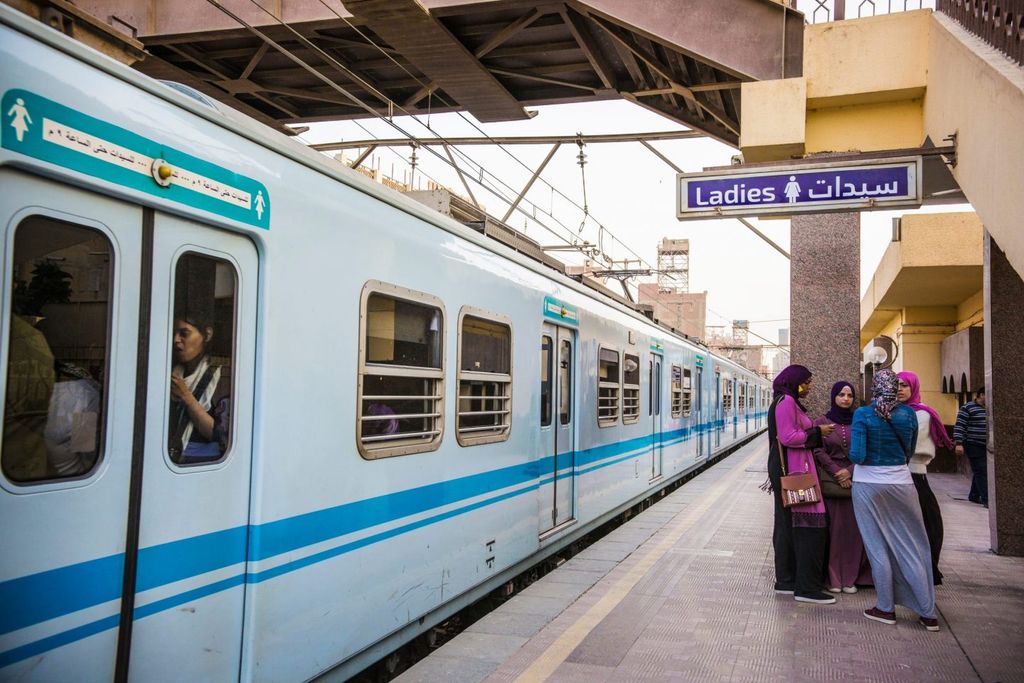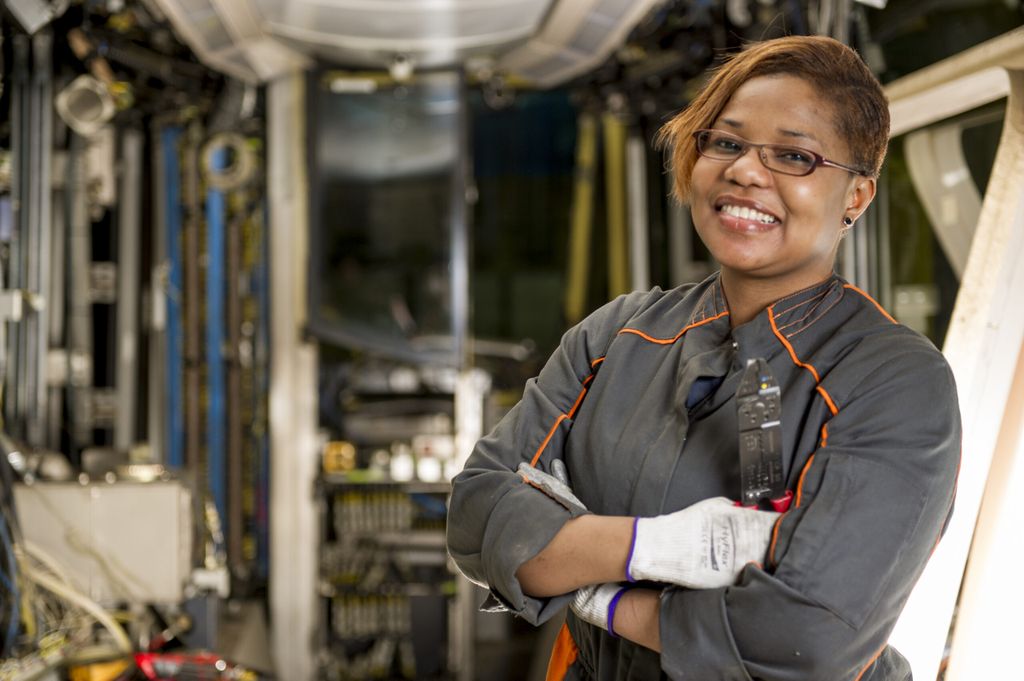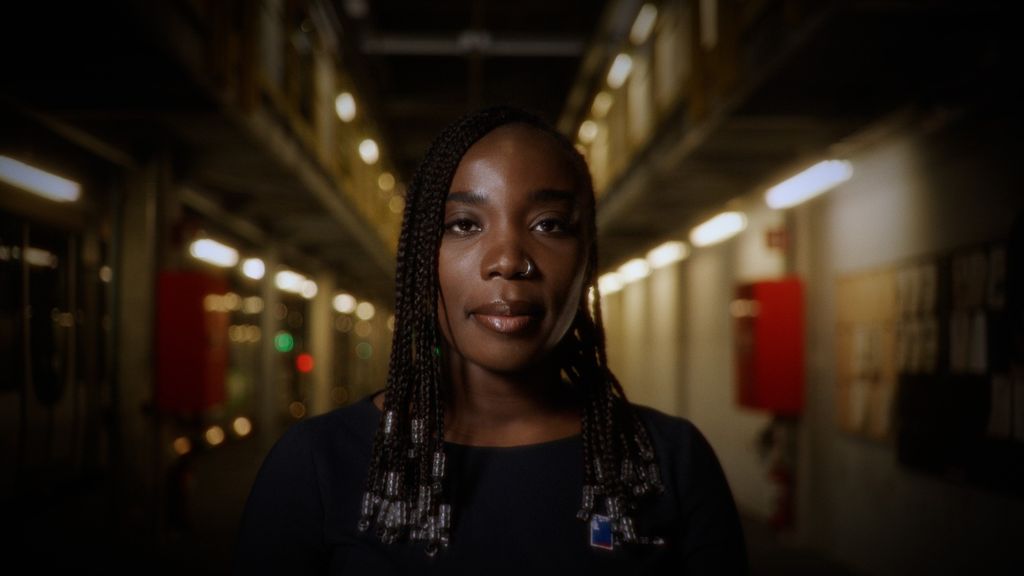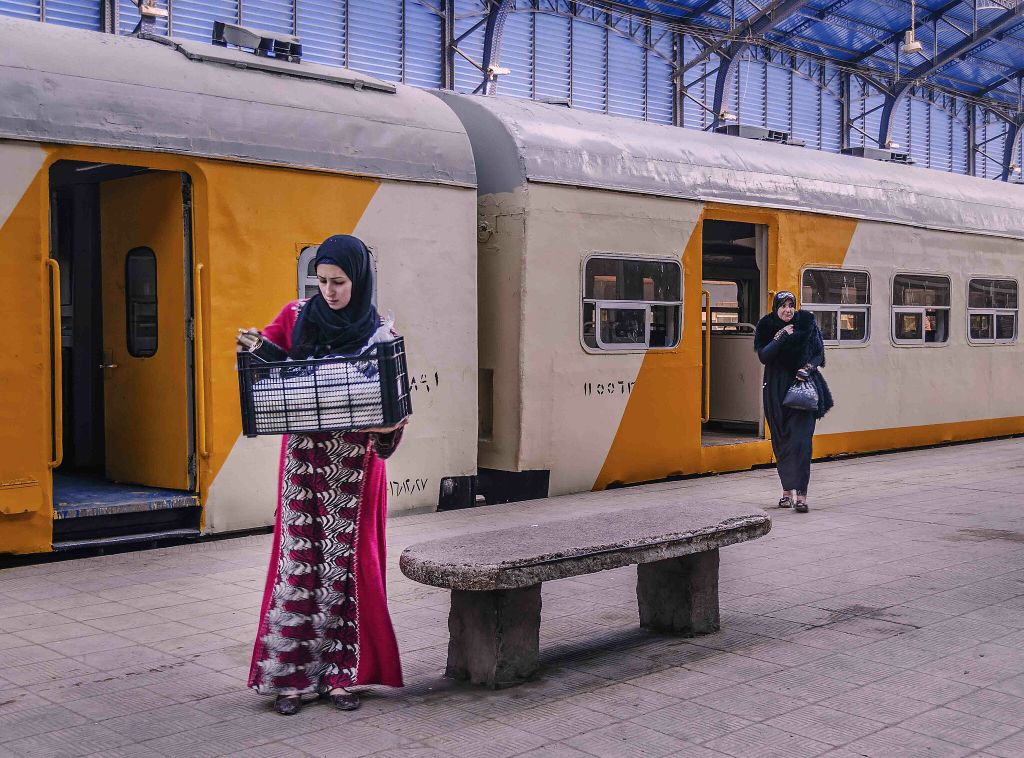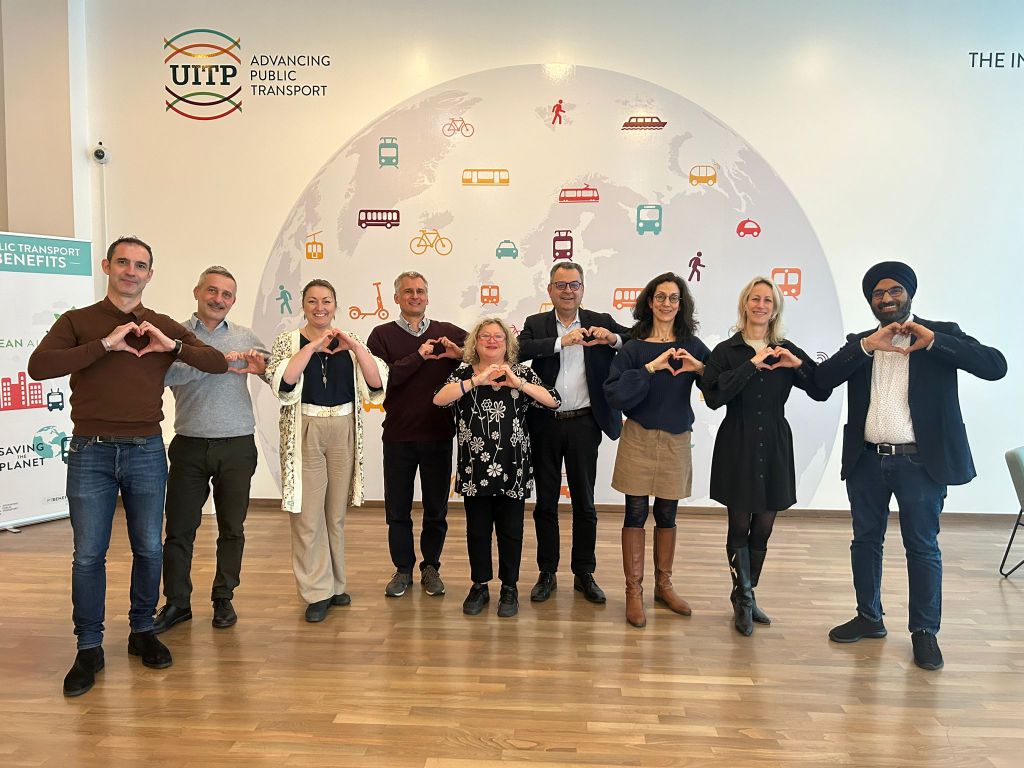
Gender considerations in public transport: UITP and the World Bank collaborate on new global Report
To tackle the gender balance
Public transport employs millions of people across the globe, working to keep our cities moving every single day.
As well as being a major source of employment, the sector is also the key source of movement and access for millions more.
Rapidly developing to meet the needs of passengers in our cities, public transport should always be for everyone: employees and passengers alike.
However, we know that more still needs to be done when it comes to producing a better gender balance in the sector.
Beginning with our Women in Leadership approach, we have worked alongside our members to bring about a better balance, with the knowledge that a gender-balanced sector leads to better results for everyone.
From our ongoing work for International Women’s Day, our acknowledgement of educational toolkits on gender, to speaking with our members on the boardroom balance, the conversation continues.
At UITP, we work hard to shine a spotlight on promoting the many positives messages of public transport, and how to create better city living for everyone when it comes to accessibility, sustainability and inclusivity.
Working with partners and stakeholders across sectors to advance our messaging, a valued partner in this approach is the World Bank.
Now, we’re delighted to have collaborated with them once more on a new Report: “Integrating Gender Considerations Into Public Transport Policies and Operations” to take an in-depth look at these important topics.
Leading the collaboration for UITP is our Head of Secretary General’s Office Lindsey Mancini, who we sat down with to dig deeper into the Report, its focus and deliverables, and what it means to keep pushing for a gender balance in a sector that should always be for everyone…
With Lindsey Mancini
Q: Lindsey, an important component to advancing sustainable urban mobility is working with partners all around the world. What does it mean for UITP to have the World Bank as a trusted ally in this approach? And on a topic as important to our sector as bringing the benefits of gender balance?
In the framework of different MoUs, UITP and the World Bank have been working together for many years on a number of topics, including advocacy, knowledge sharing and capacity building. The World Bank is a leading voice on the topic of gender and so is a very valued partner for UITP, also on this issue.
Q: Can you tell us more about how this particular collaboration came about?
The World Bank wanted to work on a report going into detail on how gender considerations are taken into account in the day-to-day policies and operations in public transport. UITP, gathering hundreds of public transport operators and authorities as members, was an obvious partner for the study.
Q: Let’s dig deeper into the Report itself. What is the main approach of the publication, and what are the aims and objectives?
The main approach of the report is to look closely at the practical application of policy and measures rather than the theoretical side of things. The hope is to inspire the public transport sector with concrete initiatives to improve women’s access to safe and secure mobility.
On gender in the sector
Q: The Report has many relevant case studies and evidence from cities across the globe. When working on it, did any of the results stand out to you? Positively or negatively?
There is no one-size-fits-all to these issues so it’s always interesting to see the approach of individual cities and networks and this report showcases a wide variety of examples. Each case study is interesting in its own context. But I would like to highlight two:
The case study of STIB-MIVB, the public transport network of Brussels, is interesting to me because it has a thorough strategic plan which is part of a wider government initiative. It’s so important to have a holistic approach and to have commitment at government level for real change to happen.
In the example from Dublin, Ireland, the driving force came from a senior manager within the national transport agency, Transport Infrastructure Ireland. Inspired by research by UITP and others on this topic, she devised the agenda, gathering support as she went, from the bottom up. As a result, all public transport projects now include a gender checklist, helping to ensure that the needs of women are taken into account from the beginning.
In the first example the main driver was a government initiative. In the second, it was an inspired colleague. It goes to show that top-down and bottom-up approaches can be equally impactful, which I hope inspires anyone in the sector to make efforts wherever they are to bring these issues to the fore.
Q: We know through our own approach on placing a stronger spotlight on women in leadership, and a better gender balance in public transport, that more needs to be done. We also see that’s there a great drive in the sector to do this. What are the next necessary steps to delivering?
One word: data! The lack of gender disaggregated data is a real barrier to rectifying the gender gap in public transport. By ensuring that policies and measures are decided based on gender disaggregated data, inequalities would naturally start to disappear.
Q: And finally, the Report is an important and interesting read and we encourage everyone to take a look. If readers could take away one message from it – what would you want that message to be?
The whole of society would benefit from women’s needs being better catered for in terms of mobility. Until this is systematic, my message would be to do what you can: whether you work in government, operations or management, real change can be driven from different starting points and different levels. Every little counts. Institutions like the World Bank and UITP are here to help, so don’t hesitate to reach out if you are feeling inspired!
Thank you to Lindsey for her time and wise words, and to our trusted partners at the World Bank for their hard work and extensive research on these important topics.
In order to keep pushing ahead with advancing public transport for the better – for all of us – collaboration with external partners is vital. Stay tuned for more work with our members and partners in the times ahead!
UITP and the World Bank Report on gender in public transport
Adding value to our sector with action on diversity: UITP issues a new policy on gender equality




